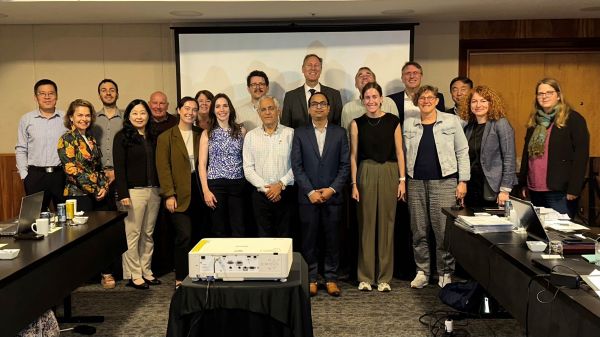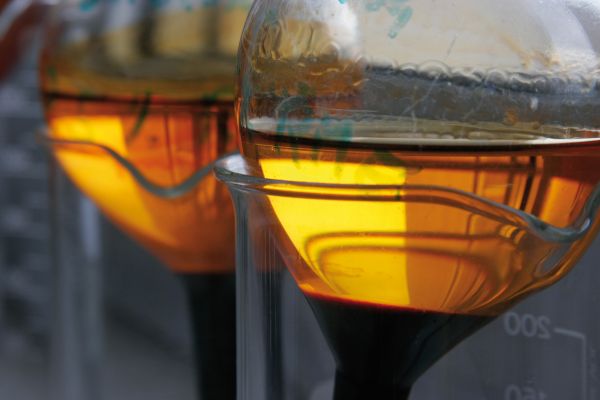IEA Bioenergy Task 39: Biofuels to Decarbonize Transport (Working period 2022 - 2024)
Short Description
Reducing greenhouse gas emissions from the transport sector is a goal of national and international climate and energy policy, but is particularly difficult to achieve compared to other sectors. Biofuels are already making a significant contribution here, immediately reducing emissions from the existing vehicle fleet. Developing technologies to produce advanced biofuels from biomass and residues should enable expanded production and increased GHG emission savings in the transportation sector.
Through a coordinated focus on technology and commercialization, sustainability, policy, markets, and implementation, Task 39 will support its member countries and other transportation biofuels stakeholders in their efforts to develop and deploy sustainable, low-carbon biofuels in the transportation sector. Specifically, in decarbonizing the long-distance transportation sector (i.e., shipping, aviation, rail, and trucking). The Task will continue to identify and facilitate opportunities for comparative technology assessments and life-cycle analyses, and monitor the various policies being used (with varying degrees of effectiveness) to increase the production and use of biofuels to decarbonize transportation. In large part, the continued success of the Task is a direct result of "leveraging" the expertise and insights of Task participants and providing a forum for integrated discussions/activities, including the active participation of industry, government, and academic participants.
The goal of the national work is to collect and analyze scientifically robust information on the global technological and policy status of biofuels, engage Austrian stakeholders and their work in the development, and thereby contribute to the development of sustainable, socially and environmentally sound biofuel systems. The Austrian delegate acts as an interface between the Austrian stakeholders and the international network.
The main outcomes of the work will be the active exchange of information with the Austrian stakeholders, the input of results into the task work, the dissemination of task deliverables, a national workshop on biofuels and a publishable final report.
Project Images
Terms of use: The pictures listed underneath the header “Project Pictures” originate from the projects in the frame of the programmes City of Tomorrow, Building of Tomorrow and the IEA Research Cooperation. They may be used credited for non-commercial purposes under the Creative Commons License Attribution-NonCommercial (CC BY-NC).
Publications
Publications are available on the website of IEA Bioenergy Task 39.
Participants
Australia, Austria, Brazil (Co-Lead), Canada, Denmark, Germany, India, Ireland, Japan, Netherlands, New Zealand, Norway, South Korea, Sweden (Task Leader), United States and the European Commission.
Contact Address
Dipl.-Ing.in Dina Bacovsky
BEST – Bioenergy and Sustainable Technologies GmbH
Gewerbepark Haag 3
3250 Wieselburg-Land
Austria
Phone: +43 5 02378 9435
E-mail: dina.bacovsky@best-research.eu
DIin (FH) Andrea Sonnleitner
BEST – Bioenergy and Sustainable Technologies GmbH
Gewerbepark Haag 3
3250 Wieselburg-Land
Austria
Phone: +43 5 02378 9437
E-mail: andrea.sonnleitner@best-research.eu


